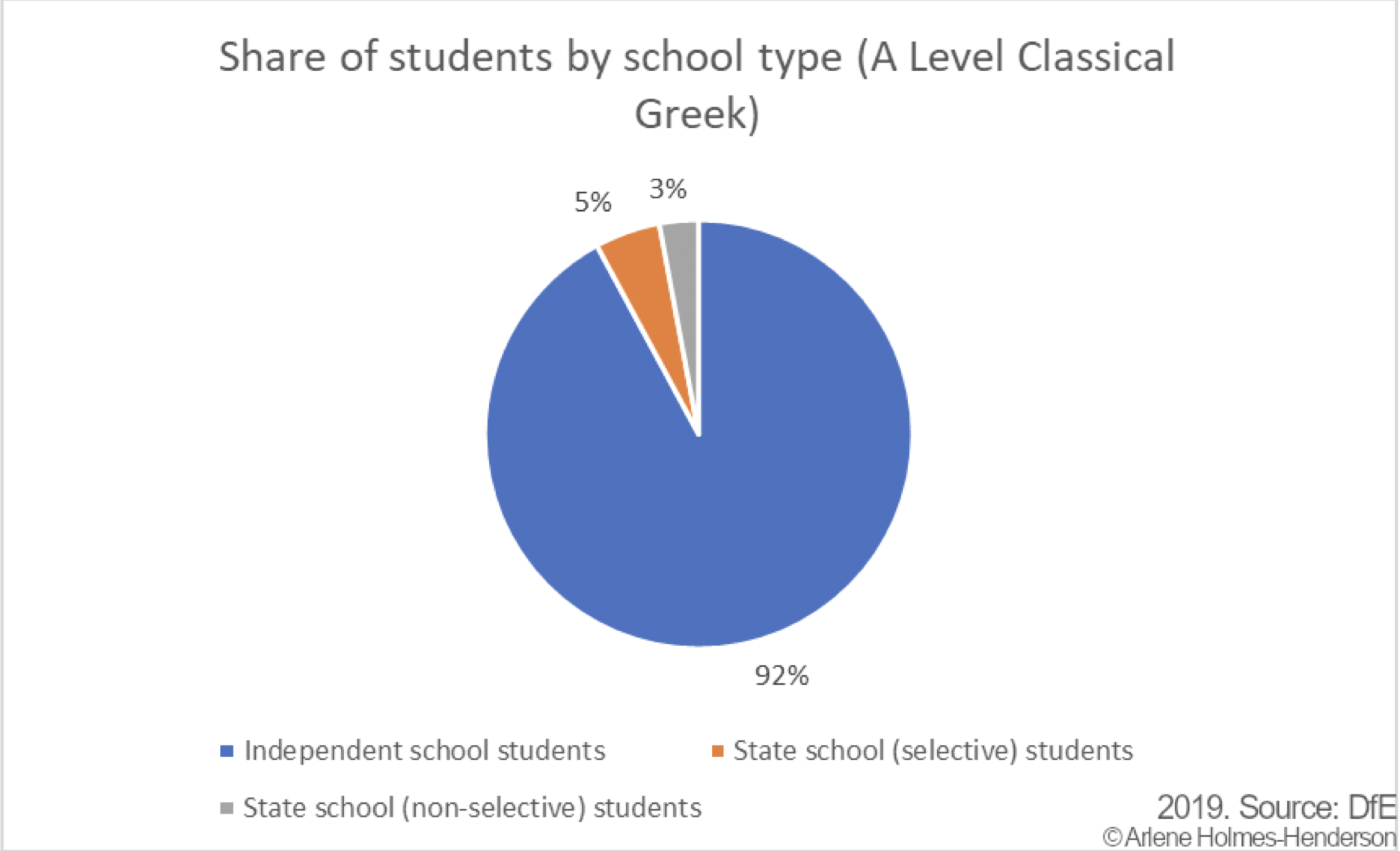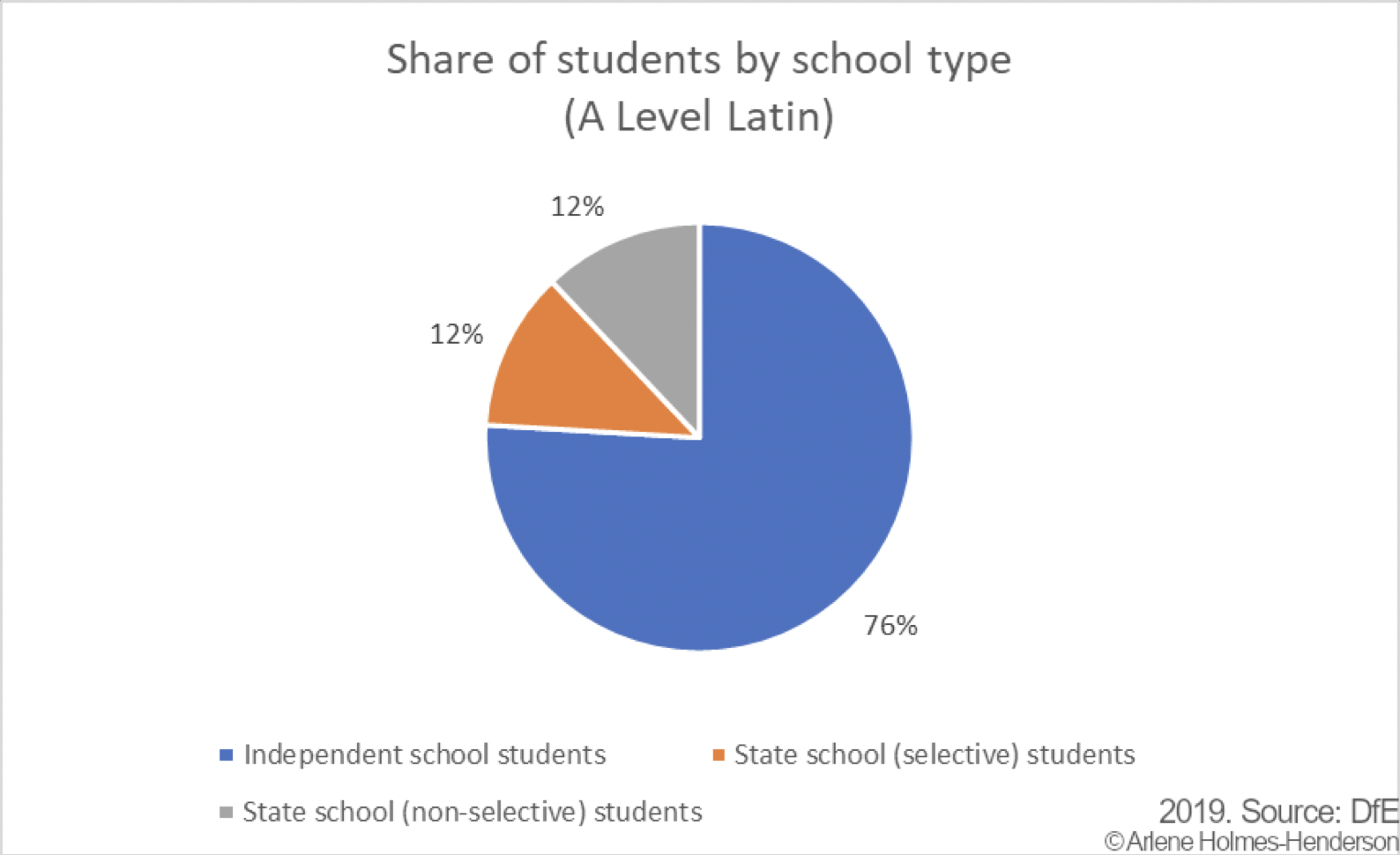
Increasing exposure to the Classics across the UK
KidsDoClassics pairs secondary school Classics students with local state primary schools to create fun learning environments for the Classics
What we do
KidsDoClassics seeks to build a more diverse, accessible and vibrant Classics community.
We believe that studying the Classics unlocks a new world to students: oration, story-telling, geography, art, history, drama and far more.
Today, Classics programs across the UK are dwindling. KidsDoClassics seeks to change that, offering our free program to State Primary Schools.
When a primary school signs up to host KidsDoClassics in their school, it is matched with a trained Sixth-Form Student-Teacher. We target primary schools who do not offer Classics, typically.
When a secondary-school student signs up to be a Student-Teacher in KidsDoClassics, they receive training in our specialised curriculum, are matched with a local primary school, and are supported by a community of other Student-Teachers.
Get Involved with KidsDoClassics
-
For Secondary School Students
Have you completed your Greek and/or Latin GCSE? Are you interested in teaching once a week to primary school students?
-
For Primary Schools
Are you a teacher, administrator, or student from a primary school that does not have a Classics program? We’d love to teach myths in your school!
-
For Classics Supporters
We are always looking for support in terms of in-kind donations, speakers, and growing our network. Feel free to message us in case you are interested in getting involved!
Why are the Classics important?
The Classics can improve literacy, improve oracy, and increase learning outcomes in other subjects. Even if a student is not pursuing the Classics full time, many secondary-benefits emerge from studying the Classics in tandem. According to school surveys, of pupils studying Latin:
80% exceeded targets in Modern Foreign Languages
71% reported a better understanding of grammar
78% reported having a larger vocabulary
The state of Classics education in the UK
Source: Council for University Classics Departments Bulletin 50 (2021)



